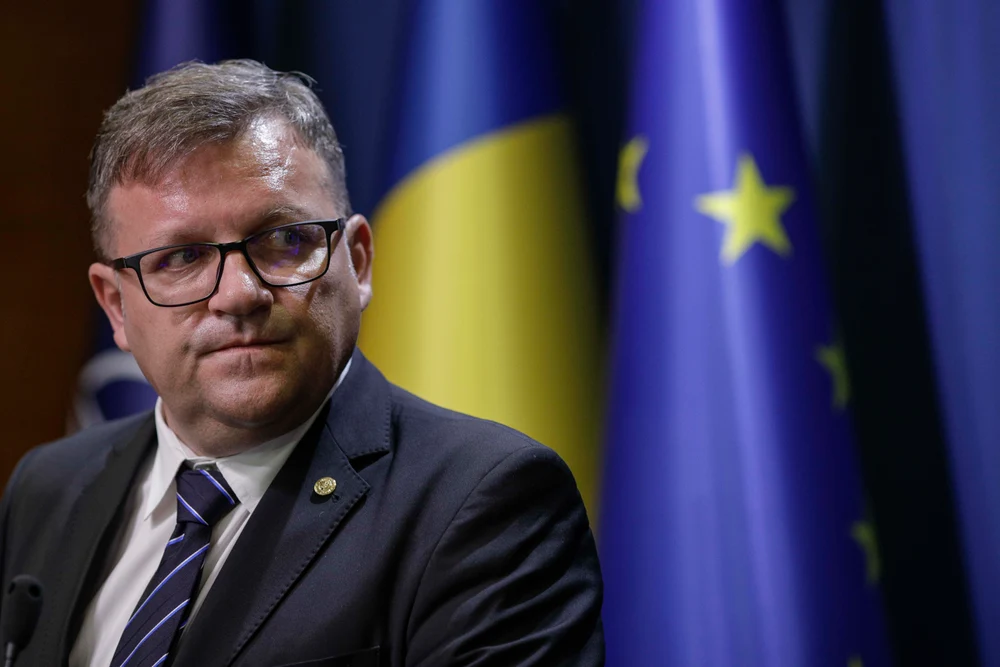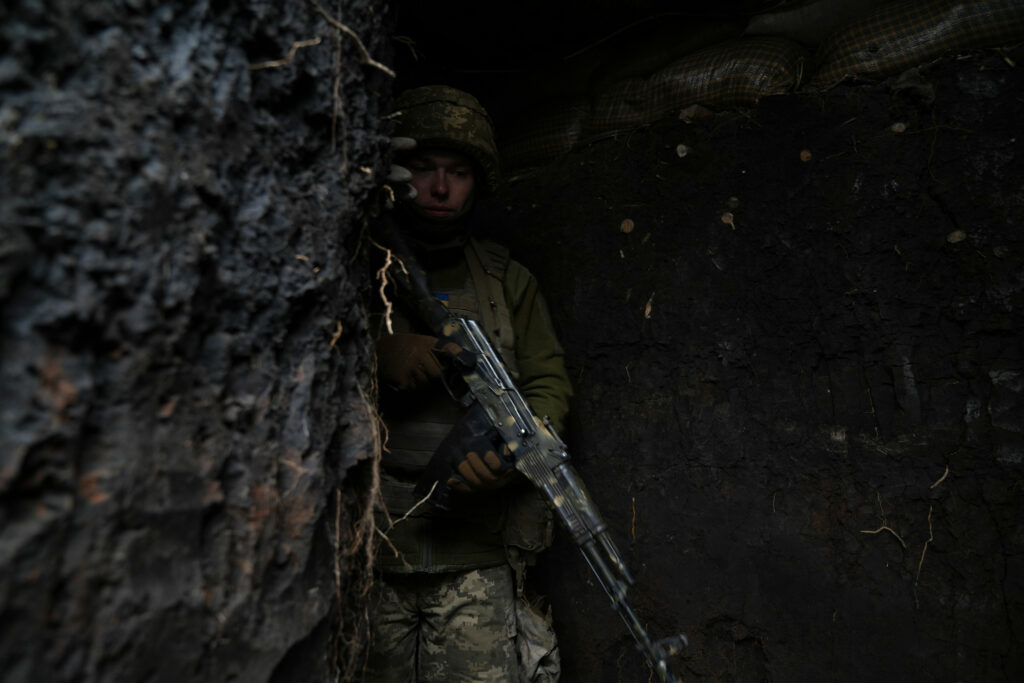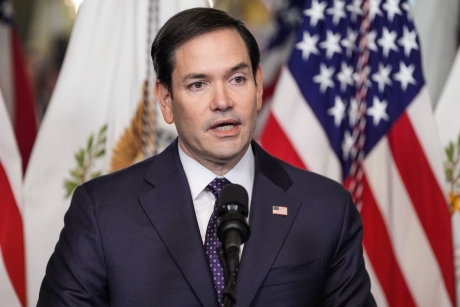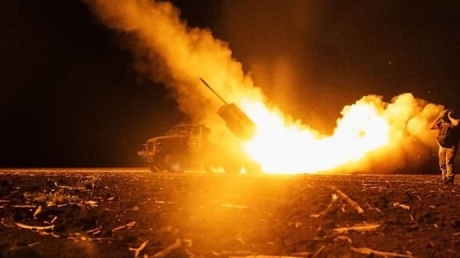The Quandary of Schengen: Celebrations, Economic Shackles, and the Neptun Deep Dilemma
By Andreea Gudin
In an unprecedented turn of events, Romania’s Prime Minister, Marcel Ciolacu, announced on Saturday evening that Austria had “flexibilized its position” regarding Romania’s entry into the Air Schengen, planning on lifting the aerial borders for our Eastern European nation. While this news has reverberated through both local Romanian and international media, the difference in semantics between the perspectives of the two press landscapes is glaring.

While the international press spotlights Austria’s apprehensions about border security and the migrant surge, crafting a narrative of pragmatism, the Romanian press attributes Austria’s newfound flexibility to successful diplomacy, downplaying the intricate dance of demands that underpins this diplomatic waltz.
Behind Austria’s Stance on Schengen Extension
Austria’s conditional embrace of Romania into Air Schengen, tethered to border protection, intensified land controls, and migrant responsibility, unfolds as a carefully choreographed diplomatic dance.…so, did Austria indeed change its mind?
Firstly, the call for reinforced protection of the EU’s external borders seems just a subtle ploy to prolong influence. By positioning itself as the gatekeeper of Schengen, Austria holds dominance over the transit routes into and out of the European Union not only for security reasons but also to shape the flow of commerce movement in a way that favors its interests. So, the delay serves as a tactical pause – a tool to ensure that Romania, eager for Schengen accession, would lean towards …ideas more congruent with Austrian preferences.
It is a move well-thought, and to even try to reshape the geography of commerce in all favor seems impossible as it is not in Romania’s capability but in Austria’s deliberate design to elongate the negotiation process, allowing it time to strategically position itself at it fits best…

Secondly, Austria’s demands for border security align conveniently with concerns raised by Russia’s recent military posturing in the Black Sea. The Neptun Deep project, led by OMV Petrom, becomes a pawn in a larger geopolitical chess game. The Black Sea, once a hotspot for Russian assertiveness, now witnesses an intricate dance between energy corporations and military structures. The militarisation of the western Black Sea and Russian exercises near Bulgaria signal a power play. Romania, with its advanced position in offshore gas extraction, becomes a focal point, or at least could be…. If we finish…. The Neptun Deep project, poised to commence construction, adds a layer of complexity, with military drills becoming routine amid fears of potential interference. So, as Neptun Deep unfolds, Romania stands at the cusp of becoming a regional energy powerhouse. The extraction of 100 billion cubic meters of gas holds not just economic but geopolitical significance.
Can you imagine us holding this position? Mind your steps, Desdemona.
So other corners of Europe, threatened by Romania’s potential, might resort to disruptive tactics, from blockading exploration areas to challenging vessels involved in the project. The energy surplus emerges not only as a boon for Romania but a potential instrument for reshaping the geopolitical landscape in Eastern Europe. But not all that glitters is gold, and some are, as we stated prior, much faster than us. Leave the corners of the continent, let’s get closer.
As we delve deeper into this story, let’s shine a light on the narrative of economic exploitation, veiled under the guise of diplomacy. We might gain a sharper focus on the “now” when we dissect the history of privatisations.
The Petrom deal, held aloft as a triumph of economic cooperation, reveals itself as a masterstroke in Austria’s grand strategy. We sold Petrom without the encumbrance of its debts. Good job! Austria not only gained control over a strategic national asset but did so without shouldering the burdens that came with it. The equivalent of buying a mansion and leaving the mortgage for the previous owner to settle.
Now, let’s turn more pages of the history books. Privatisation of banks. And we start with the biggest. BCR! Romania opened its coffers to foreign interests and, blinded by the allure of Schengen, failed to highlight the disproportionate benefits reaped by Austria. And so the journey of acquiring key assets at a fraction of their worth began.
The Neptun Deep Project Strategies
Returning to today, the Romanian press paints a picture of liberation for Romanian travellers within the EU, a hard-fought victory for diplomacy. However, beneath the surface, whispers of economic machinations echo. Reports suggest a quid pro quo, with Austrian corporate interests, notably OMV, advocating for Romania’s Schengen ascension. The Neptun Deep gas project becomes the clandestine backdrop, a tableau where Romania’s offshore gas legislation waltzes in harmony with Austria’s Schengen veto. By playing the waiting game, Austria may extract concessions from all corners of our old continent. At the last round of negotiations, as soon as Mr. Ciolacu ended the meeting with OMV, raising both shoulders on their demand about the cut on the solidarity tax, the Austrian government apparatus stated quickly, “hold your horses.” Meanwhile, while exiting the Victoria palace, OMV representatives, asked by the PM if they can start the workings on Neptun Deep, the answer from OMV was, “we will talk about it in the summer”.
So… OMV negotiation and the Neptun Deep project seem far more than mere economic transactions and in the dance of diplomacy, Austria’s moves are much too fast, leaving Romania stumbling in the dark.
The Neptun Deep project, touted as a beacon of energy independence, is, in reality, a chain forged by Austria. By securing a stake in Romania’s energy future, Austria gains not just economic leverage but tightens its grip on the nation’s autonomy; and by being aware of its energy-dependent European counterparts, wields the leverage of energy resources to fortify its diplomatic standing.
In essence, Austria’s strategies weren’t designed for expeditious resolution; they were a masterclass in the art of delay.
Let’s not mince words. The Schengen conditions, presented as benevolent guidance, are nothing short of economic shackles. The intensified controls at land borders? Look like a smokescreen to divert attention from the economic drain. Responsibility for migrants? A possible strategy to burden Romania with issues that should be collectively addressed by the European Union.
The Romanian press, in its jubilation, missed the forest for the trees. The articles, though sprinkled with optimism, lack the critical lens needed to decipher Austria’s true motives. The celebration of diplomatic successes masks the erosion of national wealth, the draining of resources, and the entanglement of Romania in a web of dependency as Austria’s grip on Romania tightens with each diplomatic victory, and the economic repercussions are not mere side effects.
As the ink of diplomatic agreements dries, Romania finds itself at a crossroads – ensnared in a narrative where we desire Schengen too much but decipher so few of its intricacies. The Neptun Deep project, once a symbol of hope, now stands as a monument to Romania’s unwitting surrender, a stark reminder that, in the arena of international diplomacy, the cost of admission can be the very soul of a nation.
Andreea Gudin


 acum 1 an
88
acum 1 an
88























 English (US) ·
English (US) ·  Romanian (RO) ·
Romanian (RO) ·